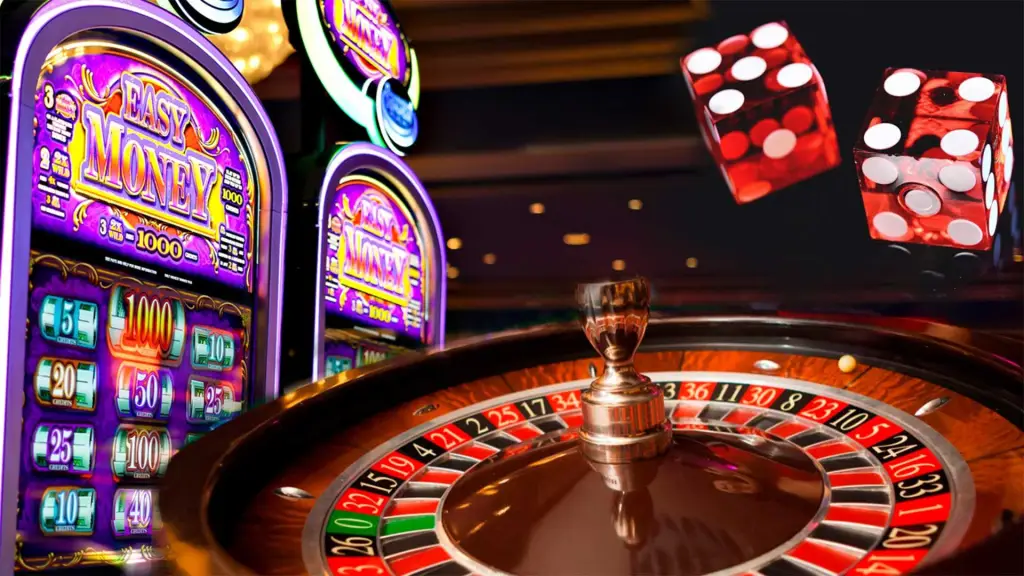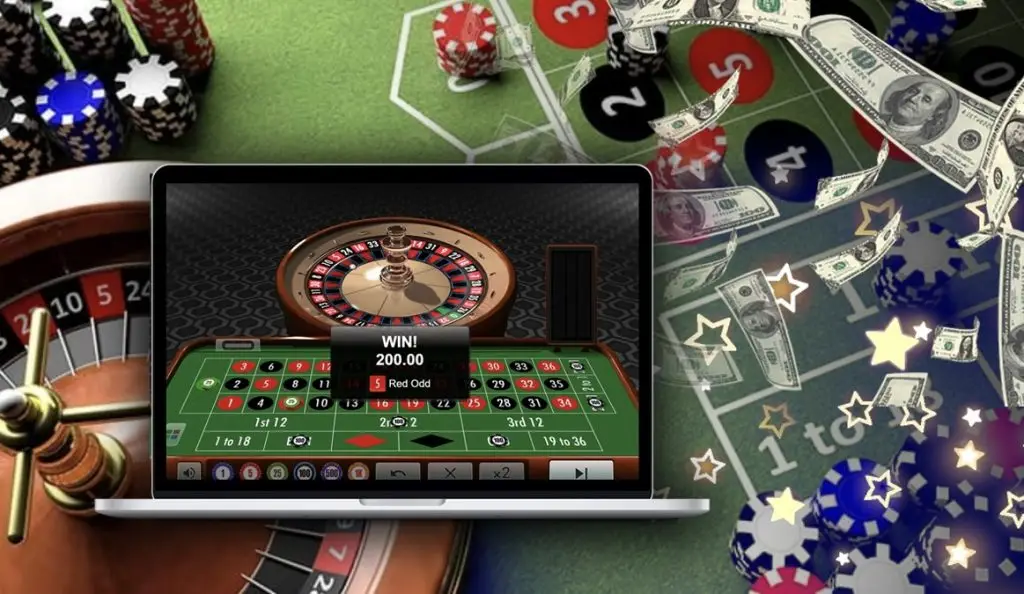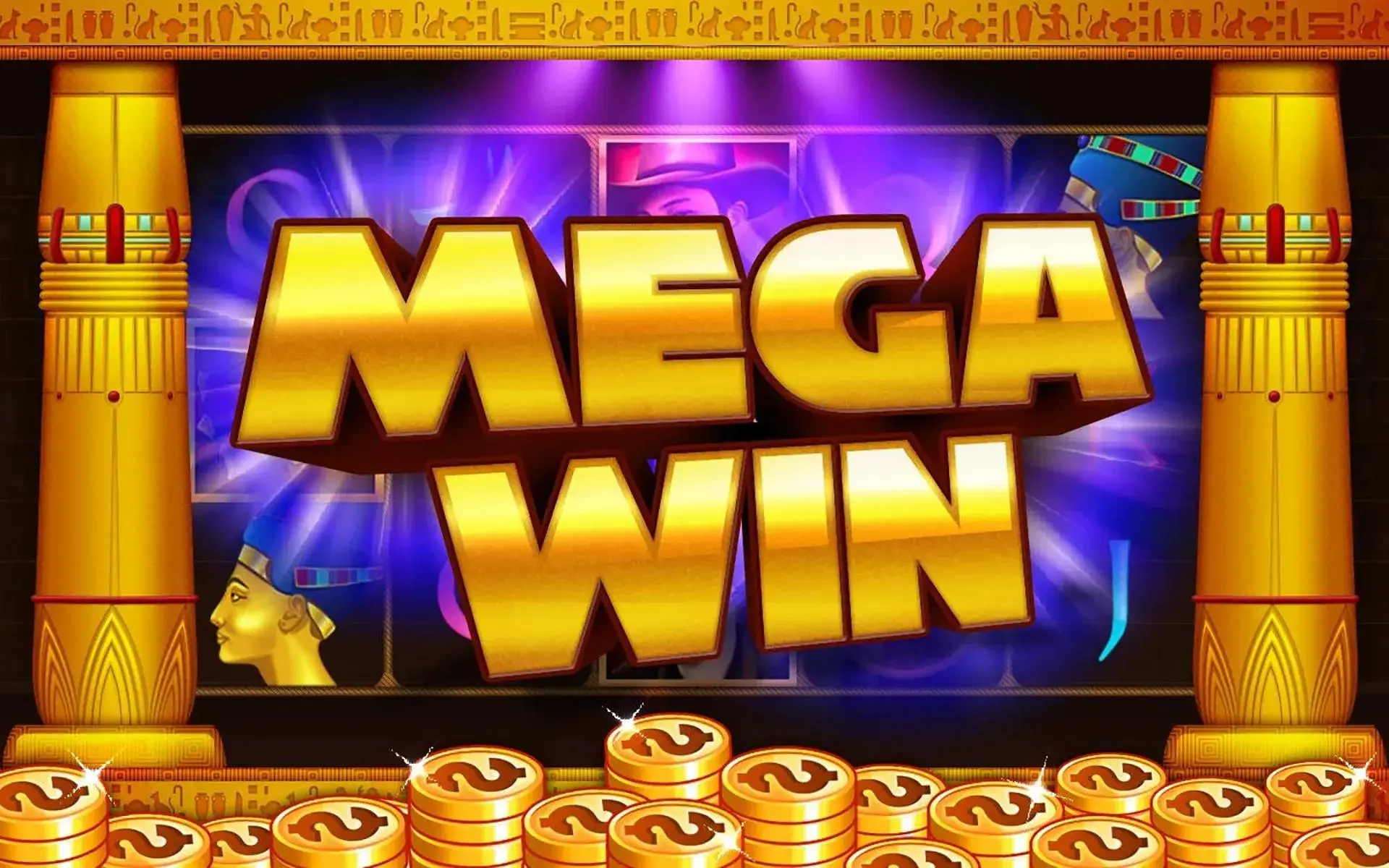Casinos never rely on luck. Every bet, chip, or spin works according to a strictly calculated formula. Understanding the casino edge will help you distinguish luck from wishful thinking, emotion from calculation, and impulse from strategy. Without understanding these basic concepts, the player is playing against themselves rather than the system.
What is the house edge? The hidden mathematics of every spin
In the development of any gambling game, the first thing to identify is a bias against the establishment. This parameter is called the casino edge: the difference between the probability of winning and the actual payout. The operator doesn’t just take bets: they set the odds in their favor.
Example: Roulette has 37 slots. When betting on a single number, the probability of winning is 1/37. The payout is 35 to 1. Theoretically, the fair return is 36 to 1. The difference is the house edge. For European roulette, it is approximately 2.7%. In other words, with 1,000 bets of 1 unit each, the expected mathematical loss is: 1,000 × 0.027 = 27 units – even if the outcome seems random, the casino always remains in the black over the long term.
Casino Edge in Various Games
 Not all games are equal in terms of risk. How the casino edge affects winnings based on the game’s mechanics and genre:
Not all games are equal in terms of risk. How the casino edge affects winnings based on the game’s mechanics and genre:
- Basic Strategy Blackjack – from 0.5%. Provided the game is error-free. Each deviation increases the edge.
- European Roulette – 2.7%. The same edge on all bets, from red to dozen.
- American Roulette – 5.26%. The presence of “00” increases the risk.
- Poker vs. Casino (Caribbean Stud, 3-card draw) – 2%-5%. Not to be confused with playing against other players, where the edge varies depending on skill.
- Slot Machines: 4% to 15%. The most volatile type, where the casino advantage is disguised as a spectacle.
- Craps, Baccarat: 1.2% to 1.4%. Some of the most reliable if you choose the “right” rates.
What is a casino advantage? It’s not just an abstract number, but a concrete indicator that determines how quickly a player loses money in each game.
RTP and House Edge: Two Sides of the Same Formula
RTP (Return to Player) is an indicator that reflects the average return to the player. House Edge = 100% – RTP.

Example:
- The RTP of a slot machine is 96%.
- House Edge = 100 – 96 = 4%
This means that for every 100 units wagered, the player receives an average return of 96. The remaining 4 are in the company’s cash register. If you multiply this by the number of bets per day, week, or year, the casino receives a stable casino profit.
Betting Math: What is the house edge in long-term gambling?
Have the player bet 10 units 100 times a day.
With a house edge of 3%:
- 10 × 100 = 1,000 – betting volume;
- 1,000 × 0.03 = 30 units – average loss per day.
- Over 30 days: 30 × 30 = 900 units.
This applies under “average happiness” conditions. Without calculation or strategy, even short-term profits return to the system. Therefore, it is important to understand what the casino edge is: the parameter does not depend on emotions, but acts as a tax on the bet.
Bankroll and Betting Math: The Antidote to the House Edge
Proper allocation of playing capital is a fundamental tool for a player who understands the casino’s advantage. Betting without calculation turns gambling into chaos. Only when you have your bankroll under control can you extend your session, keep a cool head, and resist the casino’s built-in math.
Calculation: An Example of How a Bankroll Works
There is a bankroll of 1,000 units. The player places bets of 20 with an RTP of 95% (house edge = 5%).
Calculation:
- On average, 5% of each bet is lost: 20 × 0.05 = 1 unit loss.
- 50 bets per session = 50 units minus the expected mathematical loss.
- To maintain balance over 5 games: 5 x 50 = 250 units risked.
Only proper planning and discipline can stem the loss. The casino edge in this case is a factor that increases the likelihood of a long-term loss, regardless of the playing style.
The Bonus Illusion: How the Casino’s Advantage Is Hidden Behind a Gift
A gaming bonus always comes with many terms and conditions. There is no such thing as “free” money that doesn’t increase the casino’s advantage in games. The example shows that the gambling trap works even with small bets.
Analysis of the conditions:
- Bonus = 100 units.
- Wager = ×40.
- You must wager 100 × 40 = 4,000 units.
Let’s assume RTP = 95% (house edge = 5%). Loss distance = 4,000 × 0.05 = 200 units.
Even if the player reaches the payout, they have already paid a calculated price that is higher than the bonus itself. Without precise calculations, the offer doesn’t become a gift, but rather an additional form of house edge.
Advantageous Play: Minimizing Losses, Not Circumventing the System
It’s impossible to completely eliminate the casino’s advantage in gambling, but it can be partially neutralized. To this end, advantageous play methods are used: models in which the player consciously chooses actions with a higher probability of obtaining a return on investment.
Working Strategies:
- Card counting in blackjack (in live mode, without automation).
- Only play slots with a high RTP (97% or more).
- Select bonuses with a wagering requirement of no more than 20x and complete betting freedom.
- Eliminate progressive jackpot games where the house edge exceeds 10%.
- Set limits: by amount, time, losses, and wins.
How Losing Money Affects a Player’s Psyche
Understanding what a casino edge is is important not only for financial planning but also for protecting your mental health. The most dangerous moment in gambling is not the moment of betting, but the moment of losing. When a player loses money without knowing that the house edge is embedded in every move, a cognitive conflict arises: a feeling of injustice. This leads to impulsiveness, an attempt to recover lost funds at any cost, and a violation of logic.

The psychological risk increases with dynamic presentation: brilliant effects, quick results, alternating mini-wins and losses. In this context, the importance of the casino edge goes beyond numbers: it becomes a behavioral trigger. The player begins to perceive the system as a personal opponent, which completely destroys strategic focus.
The gap between expectations and reality is particularly large when the house edge is high, for example, on slot machines with an RTP below 93% or double-zero roulette. Even with short-term gains, calculations lead to a predictable long-term loss. At this point, a person doesn’t lose money, but rather the ability to think rationally. Therefore, knowing how the casino edge affects winnings is not only a financial protection but also a tool for preserving mental resources.
What is the advantage of online casinos? Conclusions
 Knowing the house edge doesn’t eliminate it, but it does allow you to think rationally about the game. A mathematically literate player doesn’t seek the illusion of control. They analyze, select conditions, and accept losses as part of the calculation model.
Knowing the house edge doesn’t eliminate it, but it does allow you to think rationally about the game. A mathematically literate player doesn’t seek the illusion of control. They analyze, select conditions, and accept losses as part of the calculation model.
The emotion doesn’t disappear: the condition simply becomes a controlled variable. The bet becomes part of a plan, not an emotional outburst. Game selection is a conscious filter, not a random attempt. This creates a competent strategy in which a loss is acceptable but not catastrophic, and a win is a pleasant outcome but not an end in itself.
 en
en  de
de  ar
ar  es
es  hi
hi  nl
nl  fr
fr  it
it  pt
pt  el
el 









